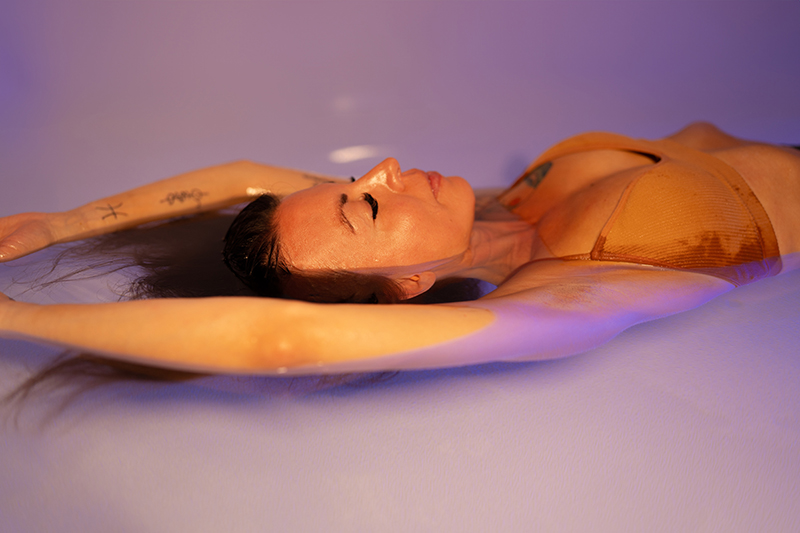Have you ever noticed the multitude of times we say “No” to ourselves, and the various ways we do it?
Sometimes, it’s about sticking to healthy boundaries we’ve set, like resisting cravings for unhealthy things or limiting screen time. However, there are other instances when we neglect self-care, reluctantly agree to others’ demands, ignore our body’s need for rest, or stay in situations or relationships that no longer serve us.
Our society glorifies the constant grind and hustle, often overlooking the importance of rest and relaxation. Taking time to do “nothing” is considered unproductive, leading to feelings of guilt. These beliefs become deeply ingrained, shaping our interactions with the world and the relationships we build. Over time, this can lead to physical, emotional, and mental exhaustion, as well as strained relationships due to unaddressed resentment towards others, when, in reality, we are contributing to this by neglecting ourselves.
I found myself in this place seven years ago, hitting rock bottom, the darkest I had ever felt – burned out, physically ill, emotionally unstable, and ready to give up on everything, even my responsibilities as a parent. The guilt I felt due to feeling this way, only added to the overwhelming despair. Burnout and overwhelm can have a significant impact, but they are often disregarded in our society, leaving those who experience them struggling to find help and understanding. I received advice like “Just relax and have a nap” or “Think positive”, but these platitudes were not helpful. I realized I had to find healing from within.
I committed to healing. I sought out support and help from practitioners and professionals that aligned with my goals. I discovered I had an autoimmune condition, which was part of the contributing cause of how awful I had been feeling. I surrendered to the flow and natural ebbs and flow in the healing process, focusing first on establishing a regular meditation practice, daily movement with yoga and walking, and prioritizing sleep. Once I felt stronger I incorporated more active regular exercise. After a while, I felt I could delve deeper into learning other stress reduction methods. It was then that I discovered float therapy as a therapeutic practice. Once I tried floating and experienced its profound effects on my well-being, I was amazed at its profound impact and effects. Floating has transformed my life in ways I couldn’t have imagined. It has helped change and shape my relationship with myself, with stress, and with how I interact with the world around me.
While I still face challenges and old patterns rise up from time to time, floating has helped me establish a grounded, intentional approach to life. It has allowed me to navigate through stress with resilience and self-awareness, approach life with a growth mindset, and ending the self-betrayal that led me to that dark place not so long ago. My autoimmune condition still flares up occasionally, but I now have the tools and mindset to cope effectively. And most importantly, helped me create a new foundation for building up the person I am and want to be…including the promise to myself that I will not end up as disconnected from myself as I was before my healing journey.
Today, when people ask why I am so calm and easygoing, I proudly attribute it to float therapy. It has elevated my life in so many ways, and I wouldn’t trade the journey it took to get here for anything.

